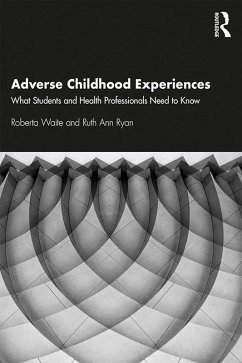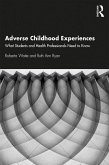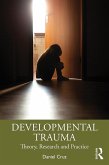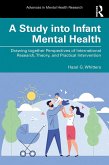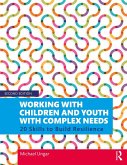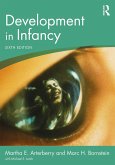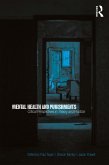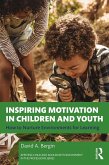ACEs can include being a victim of abuse, neglect or exposure to risk in the home or community. How healthcare students and professionals learn to recognize, react and respond to persons affected by trauma will lay the foundation for their relationships with patients. This book intentionally uses micro-to-macro lenses accompanied by a structural competency framework to elucidate health implications across the lifespan. It explores the nature of adversity and its effects on the physical, emotional, cognitive and social health of individuals, communities and society. The book, written by two experienced psychiatric nurses, will equip healthcare students and professionals with an understanding for critical change in practice and offer action steps designed to assist them with prevention and intervention approaches and steps to help build resilience.
This book will be core reading for healthcare students within mental health, pediatric and primary care nursing courses. It will also be of interest to students and professionals in the social work, psychology and public health fields who are exploring resilience and trauma-informed practices
Dieser Download kann aus rechtlichen Gründen nur mit Rechnungsadresse in A, B, BG, CY, CZ, D, DK, EW, E, FIN, F, GR, HR, H, IRL, I, LT, L, LR, M, NL, PL, P, R, S, SLO, SK ausgeliefert werden.

